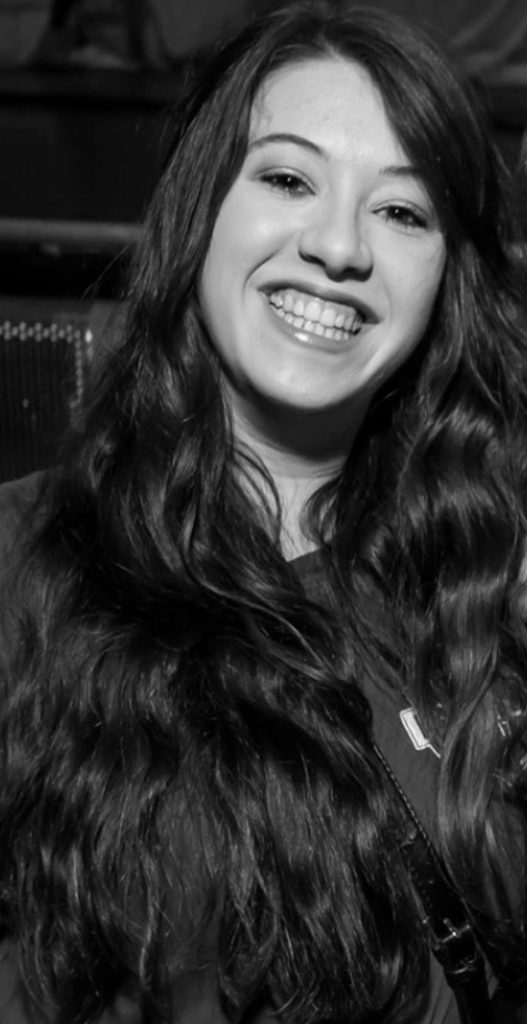Here at CAST we’re lucky to have an amazing team of researchers from varied backgrounds, bringing a wide range of skills and interests to their work. Each month we’ll introduce a different member of our team to share their work with you. This month we’d like to introduce PhD candidate Harriet Dudley.

As you may know, the CAST team work across four universities and one charity; Harriet is based at the University of East Anglia where she has recently started her PhD after completing her undergraduate degree in Environmental Geography and Climate Change. Harriet is now doing a 1+3 PhD meaning she’ll complete a one year MRes in Social Science Research Methods before beginning her PhD. Harriet will use her MRes to pilot methods and approaches that she will then use in her PhD.
Harriet became interested in climate change as a teenager. “I was reading books about fictional dystopian futures and came to realise that climate change was non-fiction and very real. A focus of my undergraduate degree was using data to understand the impacts of climate change on people and communities around the world.”

Her undergraduate research dissertation focused on modelling the impacts of a climate change scenario on future agricultural land-use decision-making relating to where sugar beet could be grown in the UK, taking climatic and non-climatic factors into account. She became experienced in mobilising geospatial data to model the impacts of climate change on sectors in the UK, namely agriculture, in both academic and corporate environments; this interdisciplinary understanding of climate science, environmental science, and social science is key to CAST’s unique approach.
So what drew Harriet to CAST? “The PhD studentship I applied for focused on moving beyond the climate science and aimed to understand in real-terms what the policy opportunities, challenges and implications of climate change are.” Her research will examine the role of the UK Committee on Climate Change (CCC) in shaping UK governance landscapes in which decarbonisation policies have been designed and implemented; in particular she’ll work to understand how the CCC commissions and utilises evaluation knowledge.
What’s it like to tackle a 1+3 PhD? Harriet tells us “I am really enjoying the work involved to define and refine the core focus of the project. As ever, the challenge is to find the time to read and research everything that is needed whilst keeping up to date with lectures and assignments. As anyone that knows me well would tell you – I work too much! However, I’m trying to get better at making time for things that I enjoy doing, such as yoga, reading and doing puzzles.”
You can find out more about the CAST team here or stay up to date with our research by signing up to the newsletter below.


